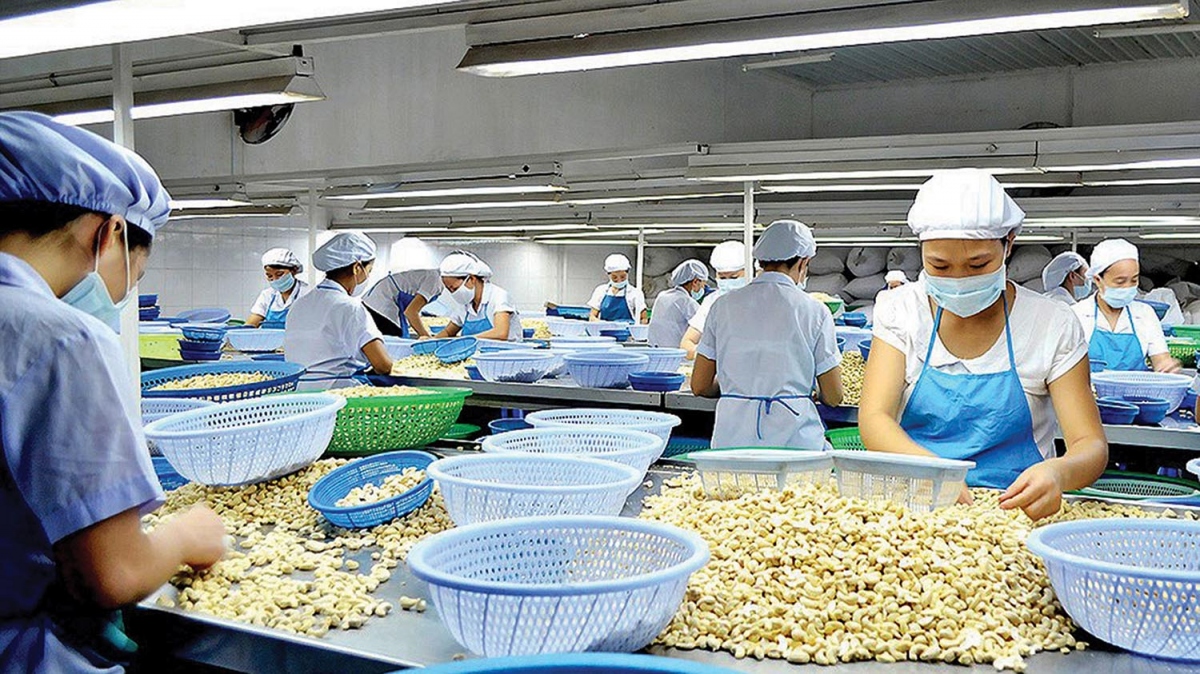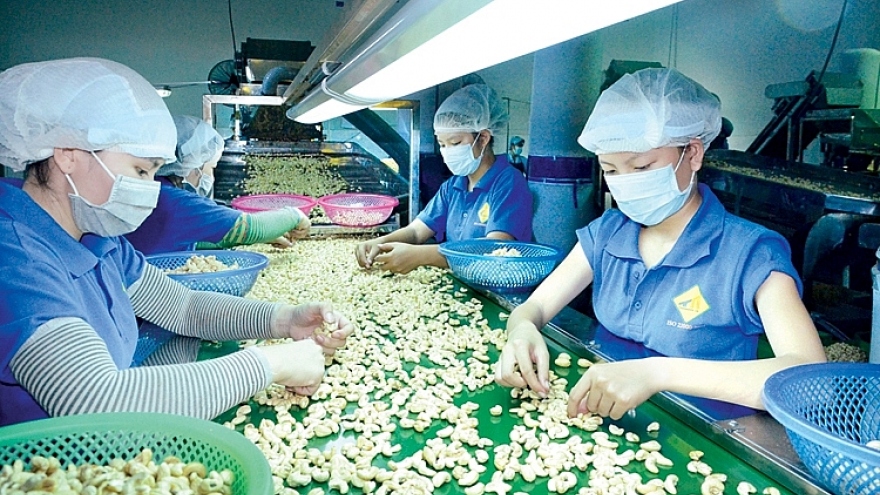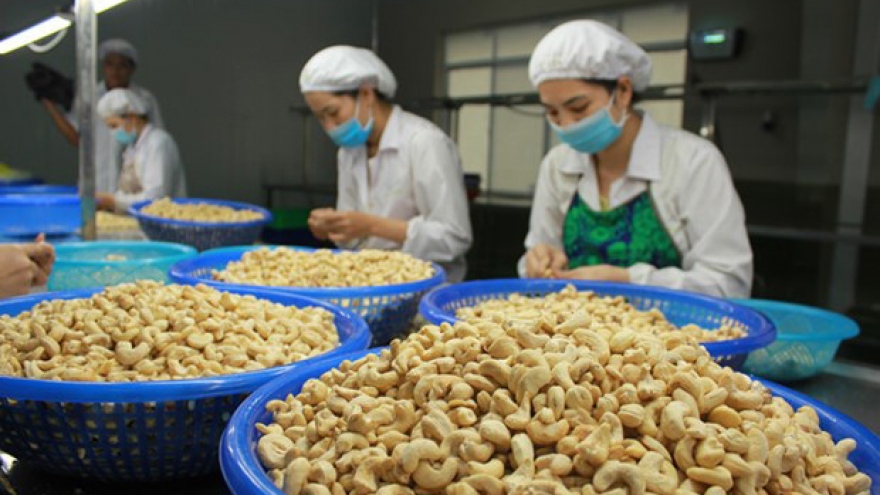Business should learn to avoid fraud in international trade, say experts
VOV.VN - A number of Vietnamese export businesses have recently fallen victim to fraud due to their limited knowledge of international trade, losing both goods and cash in the process.

Constant warnings
The Trade Office of the Vietnamese Embassy in Morocco recently warned Vietnamese exporters of the need to absolutely avoid dealing with KN Universe Plastic, a Moroccan company represented by an individual named Khalid.
Khalid had previously scammed a Vietnamese raw plastic material exporter by announcing that a family member had contracted COVID-19 before asking to make the payment later. In fact, the man had colluded with other accomplices to get the shipment cleared through the local customs agency without paying the money back.
Upon hearing the news, the Vietnam Trade Office and the Vietnamese exporter immediately applied measures aimed at handling the case and limiting risks. However, according to information provided by the shipping company, Khalid and KN Universe Plastic had cleared the shipment on January 29.
Most recently, a seafood export company based in Ho Chi Minh City sent a letter to Vietnamese diplomatic missions requesting help in examining the Northern Star Trading Colombo PVT in Sri Lanka that had fraudulently appropriated two shipments worth roughly US$113,000.
After delivering the goods, the buyer then complained about high document against payment (D/P) fee via the bank before requesting to change to the telegraphic transfer (T/T) payment method.
“However, when we sent one third of the bill of lading on request, we could not contact the buyer,” said a representative of the Vietnamese firm.
Fraud occurs not only in Africa, but also in other potential markets such as the United States, Canada, and the United Arab Emirates (UAE).
The Vietnam Trade Promotion Center in New York duly warned that a number of Vietnamese businesses have suffered losses when executing commercial contracts with partners in the US market, mainly due to fraud or partner bankruptcy.
Furthermore, the Vietnam Trade Office in the UAE also warned of the fraudulent behaviour of some businesses in the Middle Eastern country, with some common methods including unpaid delivery and paper falsification.
What do to?
Bach Khanh Nhut, vice chairman of the Vietnam Cashew Association (VINACAS), recalled a recently detected scam involving 35 Vietnamese containers of cashew nuts in Italy, considered to be the largest case of fraud in the history of the cashew industry.
“Businesses should acquire sound knowledge of international trade to avoid such a big loss,” suggested Nhut.
Pham Minh Thong, chairman of Phuc Sinh group, an enterprise which is considered as the ‘king of pepper’, shared the view that meeting in person with the partner is an effective way in which to identify the true nature of the buyer.
“If the buyer urges us to provide the bill of lading code, we refuse but request a meeting in person and negotiate to deposit 10% of the value of the shipment,” said the executive.
Having experience in exporting fruit to demanding markets for years, Nguyen Dinh Tung, general director of Vina T&T Import-Export Company, pointed to the fact that exporting goods by sea is typically a risky venture at any stage unless everything is carefully calculated.
“It is therefore necessary to carefully learn about the profile of the new partner and set out certain binding regulations,” said Tung.
Along with having limited knowledge of international trade, Vietnamese firms generally lack a warning information system, thereby they easily fall victim to fraudulent acts. In fact, businesses easily trust partners even while they have limited or even no connection with the Vietnamese Trade Offices in the host countries.
Lawyer Nguyen Van Hau, chairman of the Vietnam Commercial Arbitration Center, stated that Vietnam is engaging in 17 free trade agreements (FTAs), opening the door for its commodities to make inroads into vast markets overseas. Penetrating large markets also means that enterprises face further fraudulent risks through increasingly sophisticated and diversified forms.
“To avoid risks, businesses have no choice but to operate professionally and innovate management thinking, or they will continue to be cheated in the future,” said Hau.



